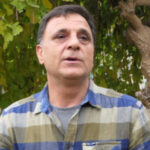
Environmentalist Güner Yanlıç said that they are "just as opposed to solar plant projects as we are to dams."
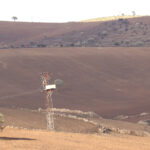
The area affected by the fire that erupted between Amed and Mêrdîn and killed 15 people, should be declared a disaster area, ecologists say, “This plunder should not be the fate of this region.”
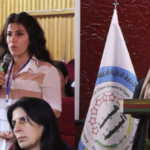
Interview with Berivan Omer and other insights from the ecological conference.
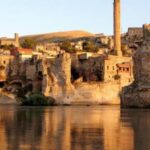
Ecology is one of the three pillars of the paradigm of Democratic Confederalism, the political-theoretical concept of the Kurdish Freedom Movement. Besides democracy and gender liberation, ecology has been mentioned explicitly as a dimension in this concept since 2005. However to date, ecology is less discussed and practiced than the two other pillars.
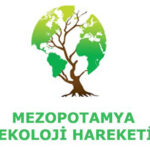
The Mesopotamian Ecology Movement launched a campaign to plant saplings throughout April against the destruction of nature.
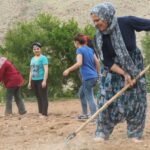
In 2021, too, the war in Kurdistan has a great impact on the struggle for an ecological society there. So we need to take a closer look at how these two issues relate to each other and what an ecological stance can look like in times of war. To that end, Make Rojava Green Again conducted an interview with Kamuran Akın from Humboldt University in Berlin.
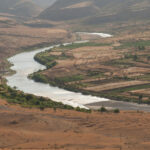
“We are the people of Mesopotamia, one of the most remarkable areas of the world, known as the cradle of civilization. We are the people of Hasankeyf in Turkey and of the Marshes in Iraq. We are connected and combined by the Tigris River. The Tigris is our common root, our common lifeline and our common future.”
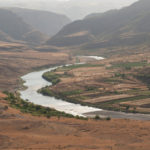
Since the beginning of 2015, "Mesopotamia Ecology Movement", which was formed in 2011, has entered an important process of restructuring itself. Under a new structure and with profounder political claims, more and more people are getting involved for a more ecological society, producing a new dynamic which will have short- and long-term positive effects on Northern Kurdistan.
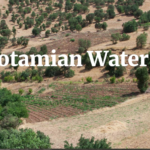
The 1st Mesopotamian Water Forum was held on April 6-8, 2019 in Sulaimani (Sulaymaniyah) in the Kurdistan Region of Iraq. More than 180 water activists from the Mesopotamia region and other countries gathered for the 3-day forum at Sulaimani University.
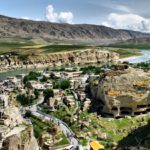
In the predominantly Kurdish regions of Syria and Turkey, known respectively as Rojava and North Kurdistan, a groundbreaking experiment in communal living, social justice, and ecological vitality is taking place. Devastated by civil war, the Middle East is often seen as a place where little more than a cessation of hostilities can be hoped for. But Rojava and North Kurdistan have set their sights much higher. What started as a movement for political autonomy has blossomed into an attempt to build a radical pluralist democracy on the principles of communal solidarity — with food security, equality for women, and a localized, anti-capitalist economy at its core.
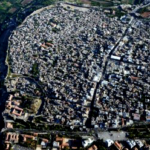
it needs to be stated that in almost half of Sur, apart from the destroyed buildings, the original street fabric and the insular-parcel integrity have been irreparably lost. Together with the forced exodus and forced expropriation, it leads to the eradication of the traditional-social life, trade forms and urban social memory, developed over thousands of years, the change of propriety, the change of the demographic structure and the interruption of cultural continuity. The ongoing “Tigris Valley Project” is another big threat to the Word Heritage Site Diyarbakir outside of the fortress, which should not be underestimated. If all planning of the Turkish government would be implemented, the World Heritage Site of Diyarbakir would completely lose its core values and its uniqueness. The result would be a new old city with a completely new population, which has no relation to the cultural heritage of Diyarbakir, and a big commercialized area serving only big investments and profit, while erasing the local culture.
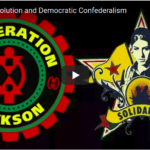
A Cooperation Jackson dialogue with Ercan Ayboga, Co-Author of “Revolution in Rojava”, an activist of the Mesopotamian Ecology Movement Come learn about the ideological, political and programmatic similarities between the Jackson-Kush Plan and the radical democratic movement in Jackson, Mississippi and the Charter of the Social Contract, which serves as the Constitution of the Rojava












